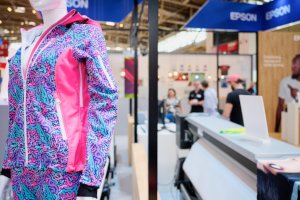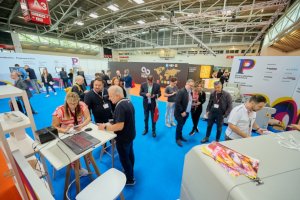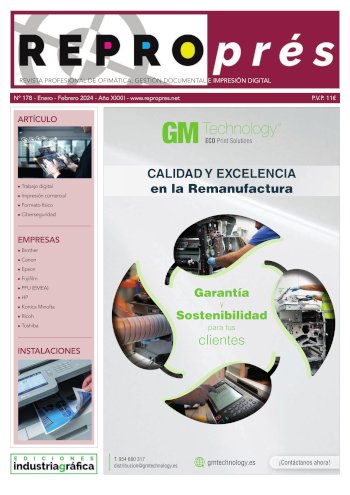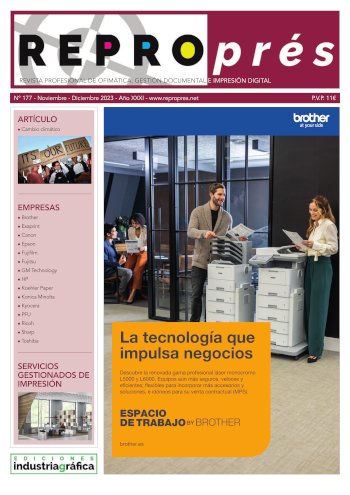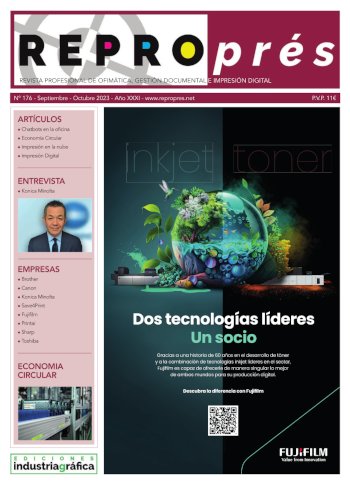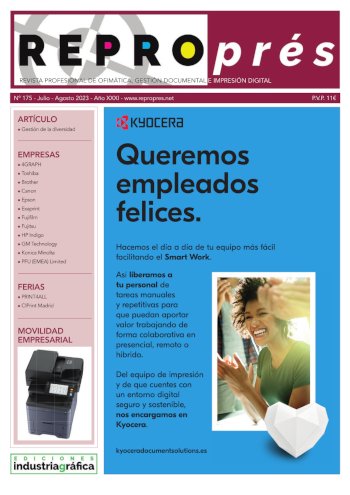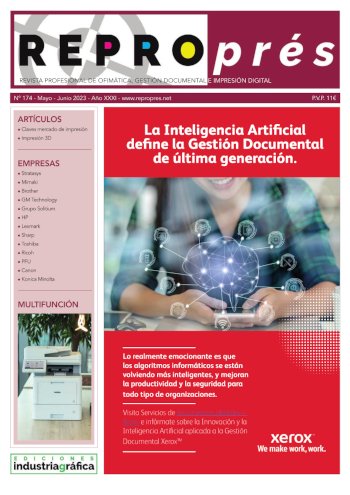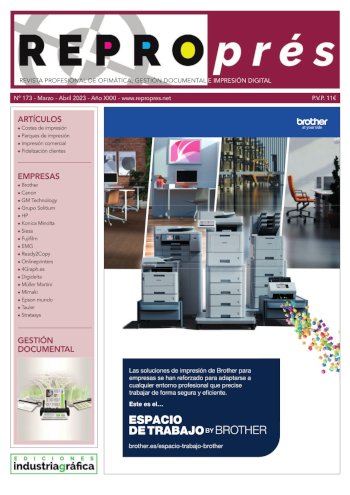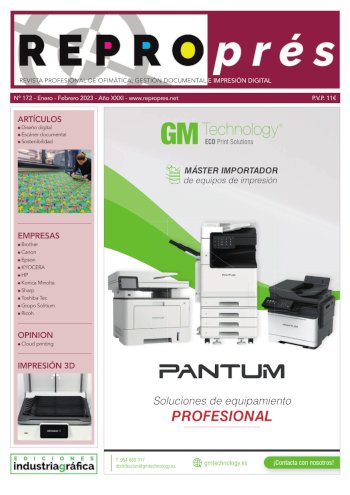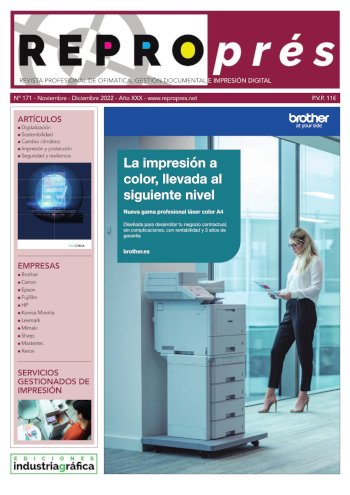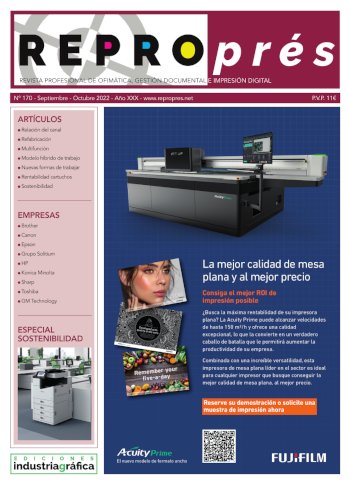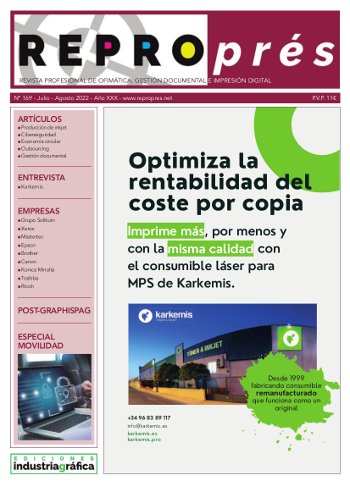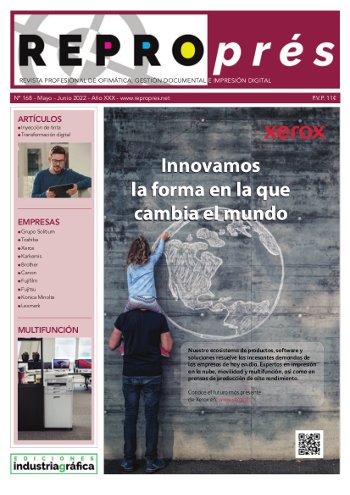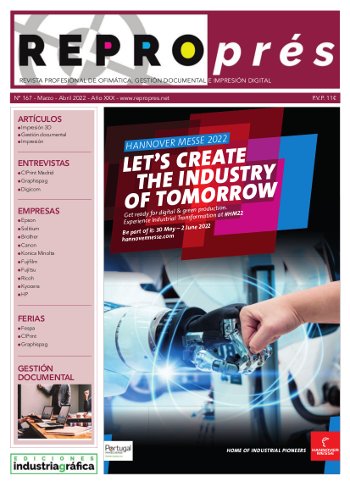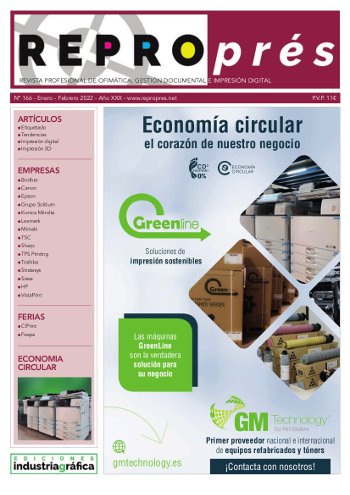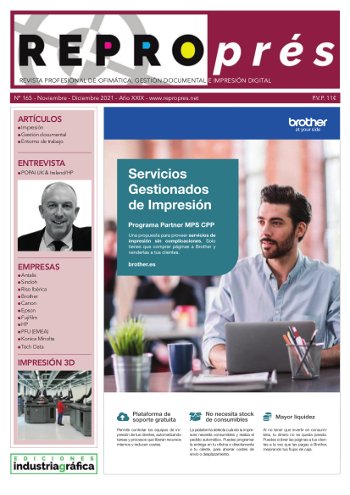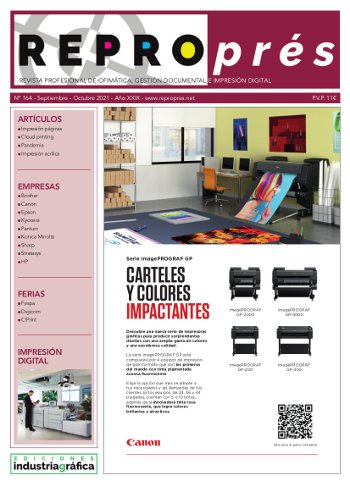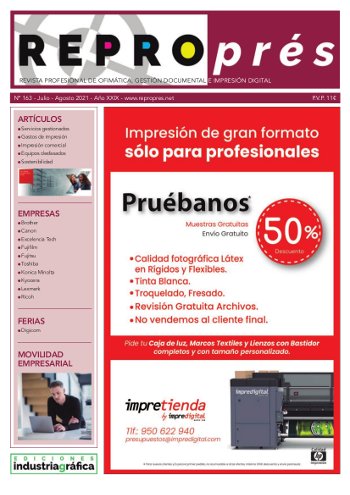Visitor response to print make wear launch at Fespa Global Print Expo 2018 reflects growing focus on garment printing in Fespa community
- Publicado el 02 de Julio de 2018
Print Make Wear - the new fast fashion factory experience created within FESPA Global Print Expo 2018 - added a colourful and educational visitor feature to the event, addressing the rising interest in garment production and printing within FESPA's global community.
467 individual delegates registered specifically for Print Make Wear. They were joined by the 17% of visitors to the wider FESPA event who came with a specific interest in garment decoration and/or manufacturing, and who visited the Print Make Wear area, as well as more than 2,000 visitors who took advantage of the expert-guided feature tours.
Technology investment was high on the agenda of visitors to Print Make Wear, with more than half planning to invest within six months, supported by average investment budgets of over Euros 180,000. The audience comprised 90% senior managers, with 76% of visitors having purchasing authority.
Many prominent sportswear, clothing and promotional apparel brands were represented among the delegates, with visitors typically occupying business, manufacturing, product development and technical roles. Their feedback shows that Print Make Wear at FESPA 2018 was viewed as an opportunity to update industry knowledge in the areas of increased efficiency and sustainability, workflow and technology and evaluate equipment and technology to inform future investment.

Consistent with the FESPA event as a whole, the leading countries in terms of attendance at Print Make Wear were Germany and the UK. Substantial groups also participated from Poland, Spain, Turkey, Italy, Romania, the Russian Federation and Hungary, reflecting the significance of the garment sector in these countries.
Print Make Wear is the latest addition to FESPA's visitor offering around textile printing, which is a focus area for 34% of the 20,442 visitors to FESPA Global Print Expo. The FESPA 2018 Print Census, a worldwide survey of over 1,400 service providers published during FESPA 2018, explores many aspects of textile and garment printing. The survey highlights sports apparel and fast fashion as two major growth applications, and emphasises growing adoption of digital printing technology in response to requirements for faster time to market, small batch production, economical prototyping and customisation.
56% of FESPA Print Census respondents active in textile printing have invested in digital printing technology, with 19% planning to do so in the next two years. Productivity is the major investment driver for 69% of textile respondents, while more than half are looking to print directly onto untreated materials.
Print Make Wear exhibitors shared their positive feedback on the inaugural event. "For us, Print Make Wear was very successful and it was a great opportunity for us to showcase what is possible using our transfer printing equipment," says John Selfhout, Manager Marketing & Sales at Klieverik. "Education is key within this market area to help printers realise what is possible and FESPA's approach with Print Make Wear helped with our brand recognition with a diverse audience of print providers and garment producers."
Folker Stachetzki, Marketing Manager at Brother Internationale comments: "The quality of visitors to Print Make Wear was very good, with a number of visitors coming to our stand having seen our machine in Print Make Wear and wanting to learn more. Being able to demonstrate our equipment in Print Make Wear helped to inform visitors about our product offering. For us, Print Make Wear played an important part in educating visitors about the entire fast fashion production process."
"2018 was the first time we exhibited at FESPA because of the Print Make Wear feature. We found it an extremely valuable brand building exercise where we gained good visibility with a new audience for us", notes Eoghan Murray, Marketing Manager at Juki Central Europe. "Our stand in Print Make Wear received good footfall and generated good leads. We got a lot of facetime with designers, whom we may not have seen at any other exhibitions."
Head of Events at FESPA Duncan MacOwan comments: "Our research shows that, while the garment sector has been slower than other speciality print segments to transition to digital production, this is changing, driven by brand owner demand for streamlined production in the interests of reduced waste along the supply chain and increased flexibility to seasonal and local demand. Just as FESPA has supported graphics producers to evolve and adapt, with Print Make Wear we are now giving this focus to garment producers and printers and other businesses considering enhancing their fashion textile print offering."
FESPA Head of Technical, Graeme Richardson-Locke, who personally led some of the Print Make Wear tours, adds: "We're delighted by the enthusiastic response to the launch of the inaugural Print Make Wear from all parts of the fashion ecosystem. By showcasing several end-to-end workflows consistent with a real garment production environment, supported by access to technical experts, visitors could evaluate key processes using both screen and digital technologies and see opportunities to optimise their own operations and improve sustainability. Visitors to Print Make Wear really appreciated FESPA's proactivity in integrating technologies from multiple exhibitors to create this practical learning experience."
Based on the positive response to the first edition, Print Make Wear will be a feature at regional FESPA events and the FESPA Global Print Expo 2019, which takes place from 14 to 17 May 2019 at Messe Munich, Germany.





